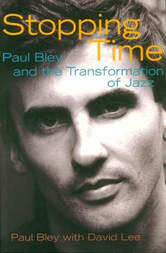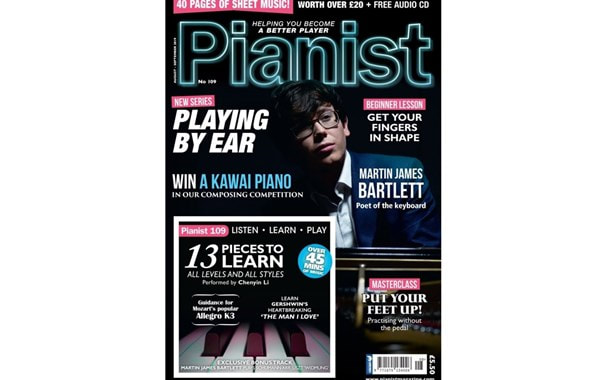Many people want to play the piano. A few people must play the piano. The many are vague, the committed are focused. A committed student says things like, “I want to pick up where I left off 30 years ago and finish my grade 8 piano, can you help me?” Or, “I want to play piano duets with my children, or grandchildren to support them in their piano studies? Or, “I want to play in a band”. Or, “I’m deeply in love with Beethoven’s op. 1. I played level 10 in my youth. Now, life has given me the time to get back to it. Please help me get back into shape”. “I love the romance of piano lounge jazz. Can you show me how to improvise like Diana Krall?” The small actionable steps needed to proceed will vary by the student’s background, but the steps will revolve around the following:
Syllabi, such as the Royal Conservatory of music provide, break down the learning process in small actionable steps. Jazz pedagogy does the same. I’ve also created one for recreational players who come to my studio. I will create or direct you to the appropriate syllabi. I look forward to working with you. Best regards, David PS. Click on the picture below to learn more about adult learning. You will be directed the magazine's website. A valuable resourse.
0 Comments
The blogs that follow will explore, in further detail, each of these steps. Best, David Story Graham has a some effective ideas. As always, patience and application wins. A quick coffee video on practicing from pianist magazine.  Adult life:
How do the most successful of my students do it? They ride one horse at a time. It's truly hard to weekly practice piano, sky-diving, scuba lessons, ballroom dancing, and have time for the grandkids, spouse and friends. Oh, and visit Paris, Venice, the Great Wall, and take in a safari while packing for South America. The successful students make choices. See you all in September. Best regards, David My take away from this video:
BTW: the video is lots of inspirational fun. Here is an example I want to earn my Grade one piano certificate Baby steps
You will succeed if you enjoy this process of micro-steps as described in the video and fearlessly go forward. Cheers, David |
You've got to learn your instrument. Then, you practice, practice, practice. And then, when you finally get up there on the bandstand, forget all that and just wail. AuthorI'm a professional pianist and music educator in West Toronto Ontario. I'm also a devoted percussionist and drum teacher. Categories
All
|

 RSS Feed
RSS Feed